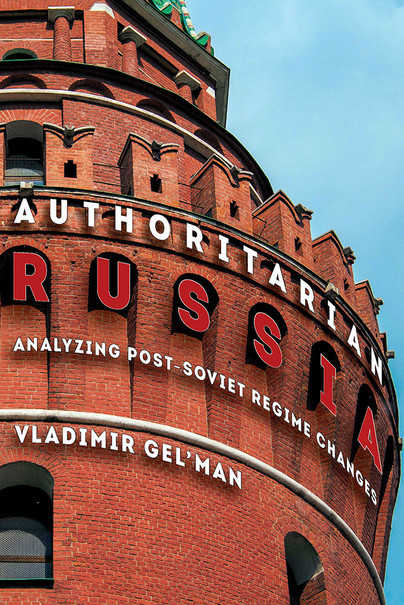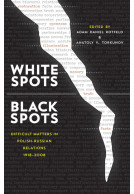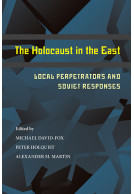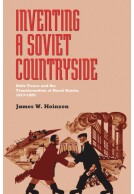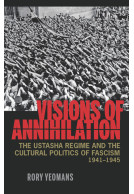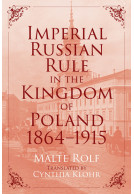Authoritarian Russia (Paperback)
Analyzing Post-Soviet Regime Changes
Imprint: University of Pittsburgh Press
Series: Russian and East European Studies
Pages: 224
ISBN: 9780822963684
Published: 29th May 2015
Script Academic & Professional
Series: Russian and East European Studies
Pages: 224
ISBN: 9780822963684
Published: 29th May 2015
Script Academic & Professional
This book will be reprinted and your order will be released in due course.
You'll be £41.00 closer to your next £10.00 credit when you purchase Authoritarian Russia. What's this?
+£4.99 UK Delivery or free UK delivery if order is over £40
(click here for international delivery rates)
Order within the next 1 hour, 24 minutes to get your order processed the next working day!
Need a currency converter? Check XE.com for live rates
(click here for international delivery rates)
Order within the next 1 hour, 24 minutes to get your order processed the next working day!
Need a currency converter? Check XE.com for live rates
Russia today represents one of the major examples of the phenomenon of "electoral authoritarianism" which is characterized by adopting the trappings of democratic institutions (such as elections, political parties, and a legislature) and enlisting the service of the country's essentially authoritarian rulers. Why and how has the electoral authoritarian regime been consolidated in Russia? What are the mechanisms of its maintenance, and what is its likely future course? This book attempts to answer these basic questions. Vladimir Gel'man examines regime change in Russia from the collapse of the Soviet Union in 1991 to the present day, systematically presenting theoretical and comparative perspectives of the factors that affected regime changes and the authoritarian drift of the country. After the fall of the Soviet Union, Russia's national political elites aimed to achieve their goals by creating and enforcing of favorable "rules of the game" for themselves and maintaining informal winning coalitions of cliques around individual rulers. In the 1990s, these moves were only partially successful given the weakness of the Russian state and troubled post-socialist economy. In the 2000s, however, Vladimir Putin rescued the system thanks to the combination of economic growth and the revival of the state capacity he was able to implement by imposing a series of non-democratic reforms. In the 2010s, changing conditions in the country have presented new risks and challenges for the Putin regime that will play themselves out in the years to come.
Other titles in the series...
Other titles in University of Pittsburgh Press...







